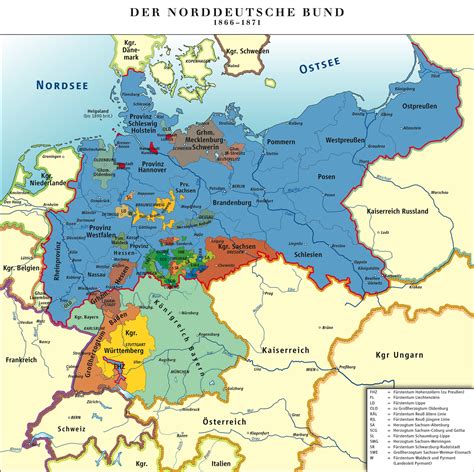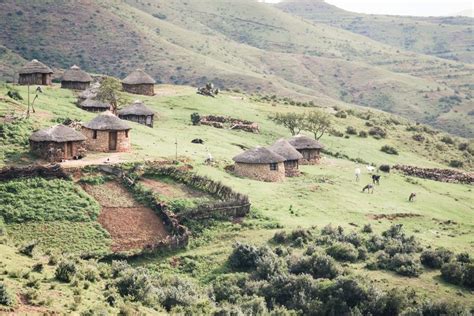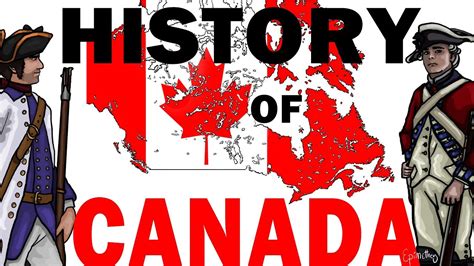Explore Ecuador’s rich history from pre-colonial era to modern times. Learn about Spanish colonization, War of Independence, and the Republican and Modern periods.
Pre-colonial era
Contents
The pre-colonial era in Ecuador refers to the time before the arrival of the Spanish conquistadors in the early 16th century. This period was characterized by the presence of several indigenous societies, each with its own unique culture, traditions, and social structure. The most prominent civilizations during this time were the Quitu-Cara, the Cañari, and the Inca. These societies developed sophisticated agricultural techniques, built impressive cities and fortifications, and had complex religious and political systems.
Many of the indigenous groups in Ecuador were skilled artisans, producing exquisite pottery, textiles, and metalwork. They also had advanced knowledge of astronomy and calendar systems, as well as an intimate understanding of the natural world around them. The pre-colonial era in Ecuador was a time of great cultural diversity and innovation, with each society making significant contributions to the overall development of the region.
The arrival of the Spanish conquistadors in the early 16th century marked the end of the pre-colonial era in Ecuador. The impact of European colonization was profound, leading to the decline of indigenous populations, the destruction of traditional cultural practices, and the imposition of Spanish colonial rule. Despite the devastating effects of colonization, the legacy of the pre-colonial era continues to influence Ecuadorian culture and identity to this day.
Spanish colonization
Ecuador’s history during the Spanish colonization period was marked by various significant events and developments. The arrival of the Spanish conquistadors in the early 16th century brought about major changes to the region’s political, social, and cultural landscape. The Spanish colonization of Ecuador led to the introduction of new laws, customs, and beliefs that significantly impacted the indigenous population.
Under Spanish rule, Ecuador became part of the Viceroyalty of Peru, and the Spanish crown exerted control over the region through the establishment of colonial institutions and the imposition of taxes and labor obligations on the native population. The exploitation of indigenous labor and resources fueled the economic prosperity of the Spanish colonial elite, while the indigenous people suffered from forced labor, displacement, and disease brought by the Europeans.
Despite the harsh conditions imposed by the Spanish colonizers, the indigenous population of Ecuador also contributed to the blending of cultures and the formation of a new colonial society. The intermingling of European, indigenous, and African influences resulted in the emergence of a complex and diverse cultural identity in Ecuador, which continues to shape the country’s traditions, languages, and customs to this day.
The legacy of the Spanish colonization period has left a lasting impact on Ecuadorian history, informing the country’s struggles for independence and its ongoing efforts to address the social and economic disparities inherited from the colonial era. The widespread influence of Spanish language, religion, and institutions underscores the enduring influence of the colonial period on Ecuador’s modern society, making it a crucial chapter in the nation’s historical narrative.
Ecuadorian War of Independence
The Ecuadorian War of Independence was a significant and pivotal period in the history of Ecuador, marking the country’s struggle for liberation from Spanish colonial rule. The war took place between 1809 and 1822, and was characterized by a series of battles, uprisings, and political movements. This period saw the emergence of influential leaders such as Juan Pío Montúfar, Juan José Flores, and Antonio José de Sucre, who played key roles in the fight for independence.
One of the major events of the Ecuadorian War of Independence was the Quito revolt, which took place on August 10, 1809. This uprising, known as the First Cry of Independence, was the first attempt at overthrowing Spanish rule in Ecuador. Although the revolt was ultimately suppressed by Spanish forces, it marked the beginning of a movement towards independence and inspired further resistance against colonial authority.
The struggle for independence in Ecuador was also influenced by the broader Latin American independence movements of the 19th century, which were led by figures such as Simón Bolívar and José de San Martín. These leaders, along with their respective armies, played a crucial role in the eventual liberation of Ecuador from Spanish control.
Ultimately, the Ecuadorian War of Independence culminated in the Battle of Pichincha on May 24, 1822, where the forces led by Sucre and Bolívar secured a decisive victory against the Spanish army. This triumph effectively sealed Ecuador’s independence from Spanish rule and established the country as a sovereign nation.
Republican period
The Republican period in Ecuador began in 1830, following the collapse of Gran Colombia, the Republic formed by Colombia, Ecuador, and Venezuela. During this period, the country experienced significant political instability, with numerous changes in government and frequent conflicts between conservative and liberal factions. The period is characterized by the efforts to establish a stable government, the abolishment of slavery, and the construction of infrastructure such as the first railroad in the country.
Many of the political leaders during the Republican period were military generals who often had little experience in governance, which contributed to the instability. The country also faced economic challenges, including the decline of the cocoa industry and the reliance on foreign loans. Despite these difficulties, significant progress was made in the areas of education and culture, with the establishment of the first universities and the rise of indigenous and mestizo intellectuals.
The Republican period in Ecuador also saw the continued struggles for land and labor rights for indigenous and Afro-Ecuadorian populations. The period was marked by numerous uprisings and conflicts between the ruling elite and marginalized communities. These social and political tensions persist to this day and continue to shape the country’s social landscape.
The end of the Republican period in Ecuador came in the early 20th century, with the rise of the Liberal Revolution and the establishment of a more stable and democratic government. However, the legacy of the Republican period continues to influence Ecuador’s political and social dynamics in the present day.
Modern era
The Modern era in Ecuador begins with the end of the tumultuous 20th century. In the late 1990s, the country faced severe economic challenges, including hyperinflation, leading to a period of instability. However, the early 21st century saw a significant turnaround, with the implementation of economic reforms and the adoption of the US dollar as the official currency, which stabilized the economy and restored confidence in the financial system.
During this period, Ecuador also experienced significant political changes, with the rise of left-wing politicians and the election of Rafael Correa as president in 2007. Correa implemented a series of social and economic policies aimed at reducing poverty and inequality, including increased state control over key industries and the establishment of a new constitution in 2008.
In terms of social development, the Modern era in Ecuador has seen improvements in healthcare and education, with the government investing in infrastructure and social programs to improve the living standards of the population. However, challenges remain, particularly in the areas of corruption and crime, which continue to hinder progress and development in the country.
Despite these challenges, Ecuador has made significant strides in recent years, with the expansion of its tourism industry, growing international trade, and increasing foreign investment. The country is also actively working to address environmental concerns, particularly in the Amazon region, where efforts are being made to protect the rainforest and its indigenous communities.














